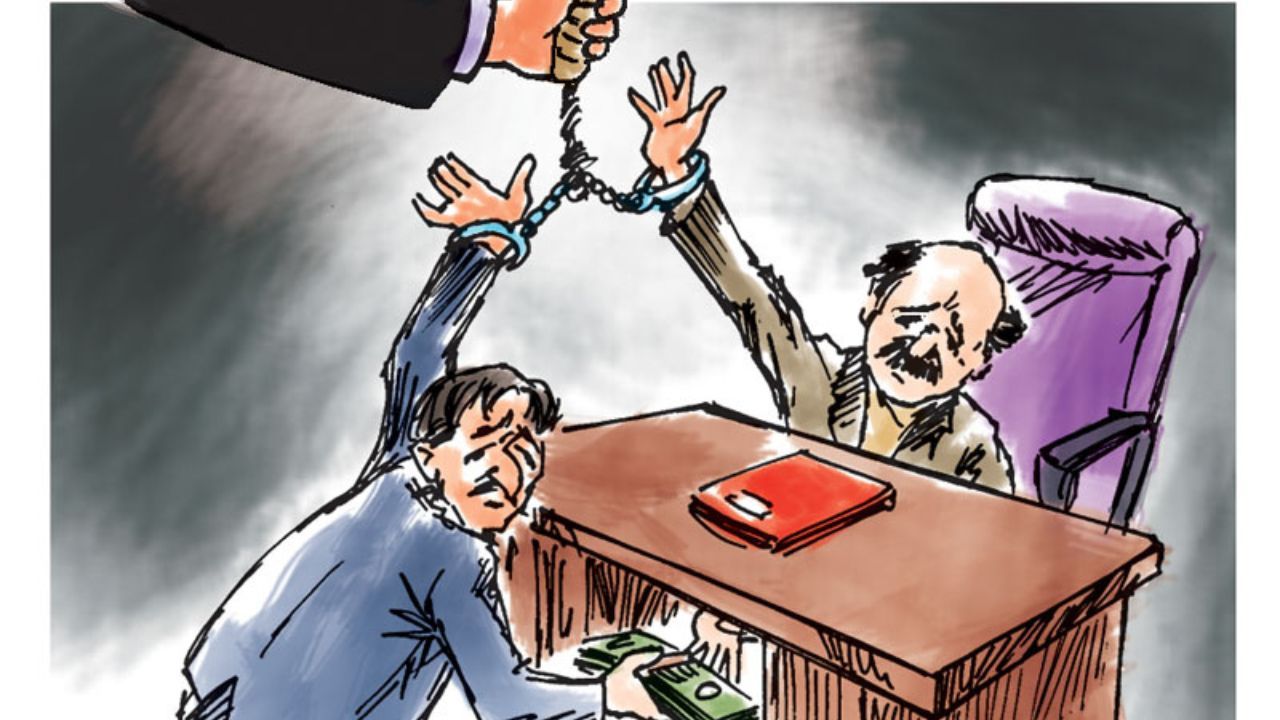08 April 2023 | 12:05 Hrs IST | Mumbai
news@debotimes.in
Police corruption has become an increasingly pervasive issue in many countries, with reports of officers engaging in bribery, extortion, and other illegal activities. The consequences of police corruption can be devastating, leading to a breakdown in trust between law enforcement and the communities they serve, and creating a culture of impunity where officers feel they can act with impunity.
Recent reports from several countries have highlighted the extent of police corruption. In the United States, for example, a study by the National Institute of Justice found that police corruption is a major problem, with officers engaging in a wide range of illegal activities, including accepting bribes, stealing drugs and money, and using excessive force.
Similarly, in India, police corruption is rampant, with officers routinely engaging in bribery and extortion to supplement their low salaries. This has led to a breakdown in trust between the police and the public, with many people feeling that they cannot turn to law enforcement for help.
One of the most troubling aspects of police corruption is the way it often goes unchecked. In many cases, officers who engage in corrupt activities are not held accountable, and may even be protected by their colleagues and superiors. This creates a culture of impunity where officers feel they can act without fear of consequences.
The consequences of police corruption can be severe. In addition to eroding public trust in law enforcement, it can also lead to a breakdown in the rule of law, as officers who are corrupt may not enforce the law fairly and impartially. This can lead to a situation where some individuals or groups are able to operate outside the law with impunity, while others are targeted unfairly.
To address the issue of police corruption, it is essential that law enforcement agencies take a proactive approach. This can involve measures such as improving training for officers, increasing transparency and accountability, and strengthening internal oversight mechanisms. It is also important for the public to speak out against police corruption and demand action from their elected representatives.
Overall, the issue of police corruption is a complex and multifaceted problem that requires a coordinated response from law enforcement, government officials, and civil society. By working together, it may be possible to create a culture of integrity within law enforcement and restore public trust in the police.
STOP CORRUPTION! Increase the Salary of Police officers.
Author: S S Nadar | Editor